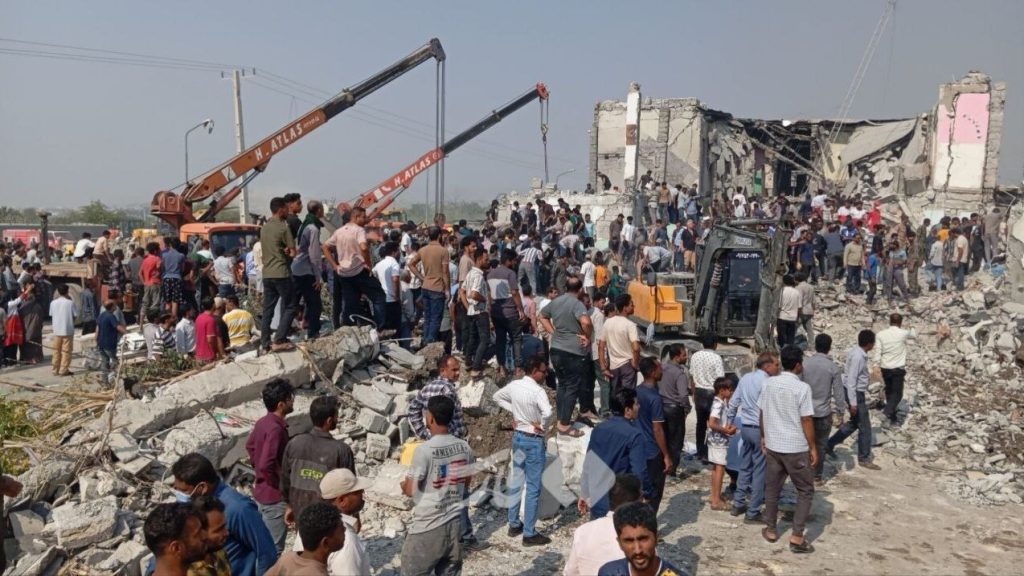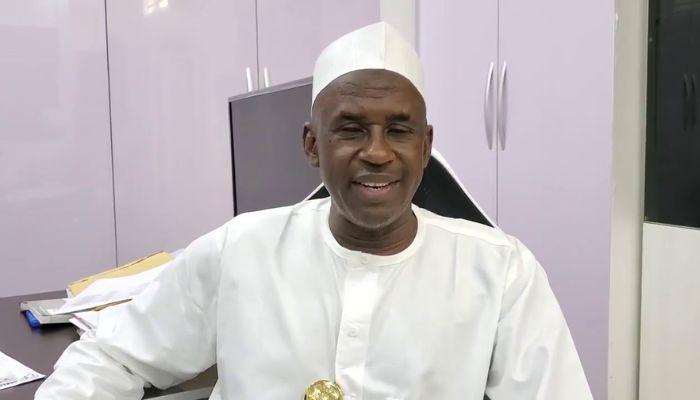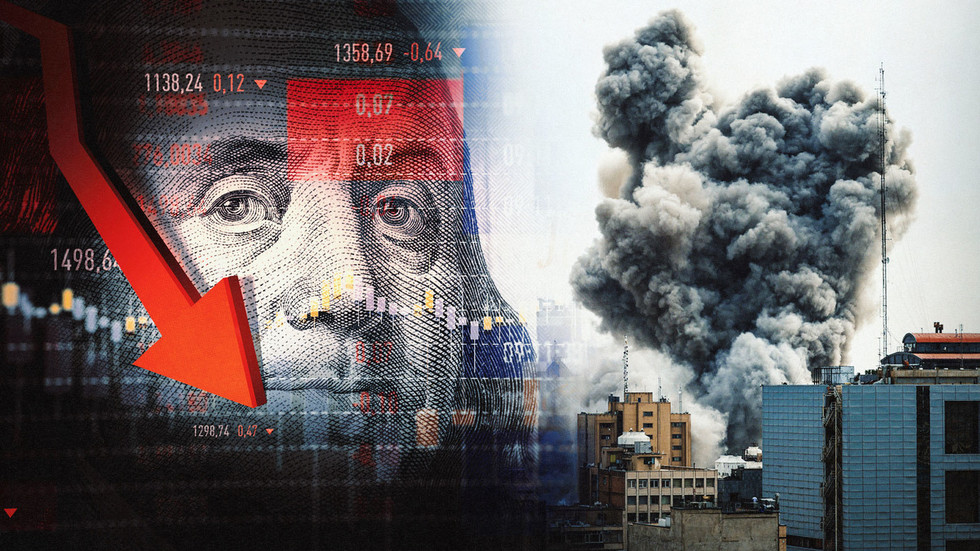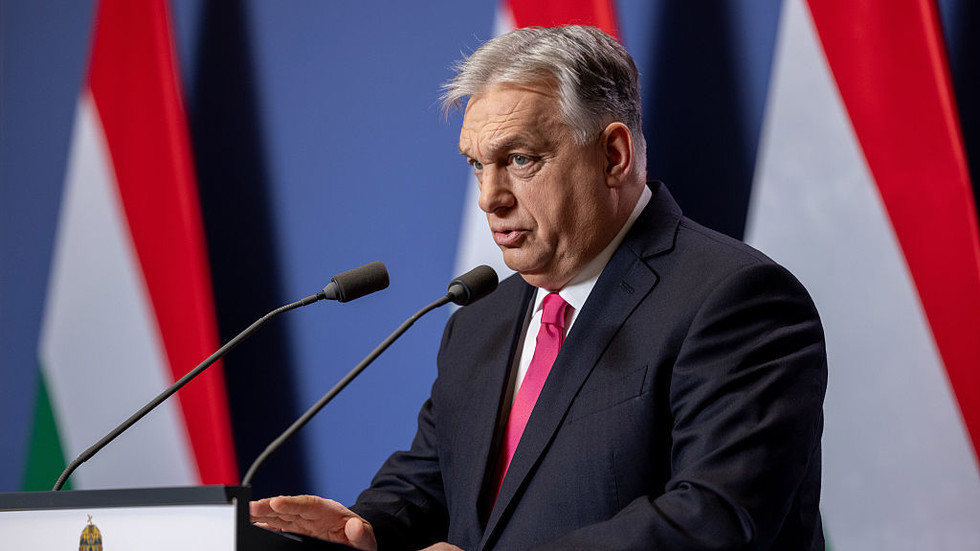Nigeria’s Humanitarian Crisis: Attacks on Aid Workers Reach Alarming Levels
In a stark warning, the Federal Government of Nigeria has sounded the alarm over the escalating attacks on humanitarian workers in the country. Speaking at a press conference in Abuja on Monday, Federal Commissioner of the National Commission for Refugees, Migrants and Internally Displaced Persons (NCFRMI), Tijani Ahmed, highlighted the alarming rise in attacks on humanitarian workers and civilians.
According to Ahmed, between 2020 and 2024, there have been 49 reported incidents affecting 79 humanitarian workers. These incidents include the tragic killing of an aid worker from Médecins du Monde, the wounding of a UN pilot, and the attack on the United Nations Aid Facility in Borno State, which resulted in the deaths of at least 20 internally displaced persons and forced aid workers to flee for safety.
In 2024 alone, no fewer than 26 humanitarian workers in Nigeria have been kidnapped, ambushed, or assaulted while carrying out their duties. Ahmed emphasized that these attacks are not just crimes against individuals but also blatant violations of international humanitarian law.
The Geneva Conventions, to which all African nations are signatories, stipulate that the intentional targeting of humanitarian workers is a war crime. Such acts violate the core principles of humanity, neutrality, impartiality, and independence that guide humanitarian action.
“These heinous acts not only endanger the lives of those who are dedicated to helping others but also violate the very principles of humanity that underpin our global commitment to peace and justice,” Ahmed said.
The NCFRMI boss called for the strict enforcement of international humanitarian law in Nigeria, urging all stakeholders to intensify efforts to protect humanitarian workers and civilians in conflict zones. He also emphasized the need for robust legal frameworks to prosecute those who commit such violations and end the cycle of impunity.
The protection of humanitarian workers and civilians is a moral imperative, and it is imperative that the Nigerian government takes concrete steps to address this crisis and ensure the safety of those working to alleviate human suffering.



